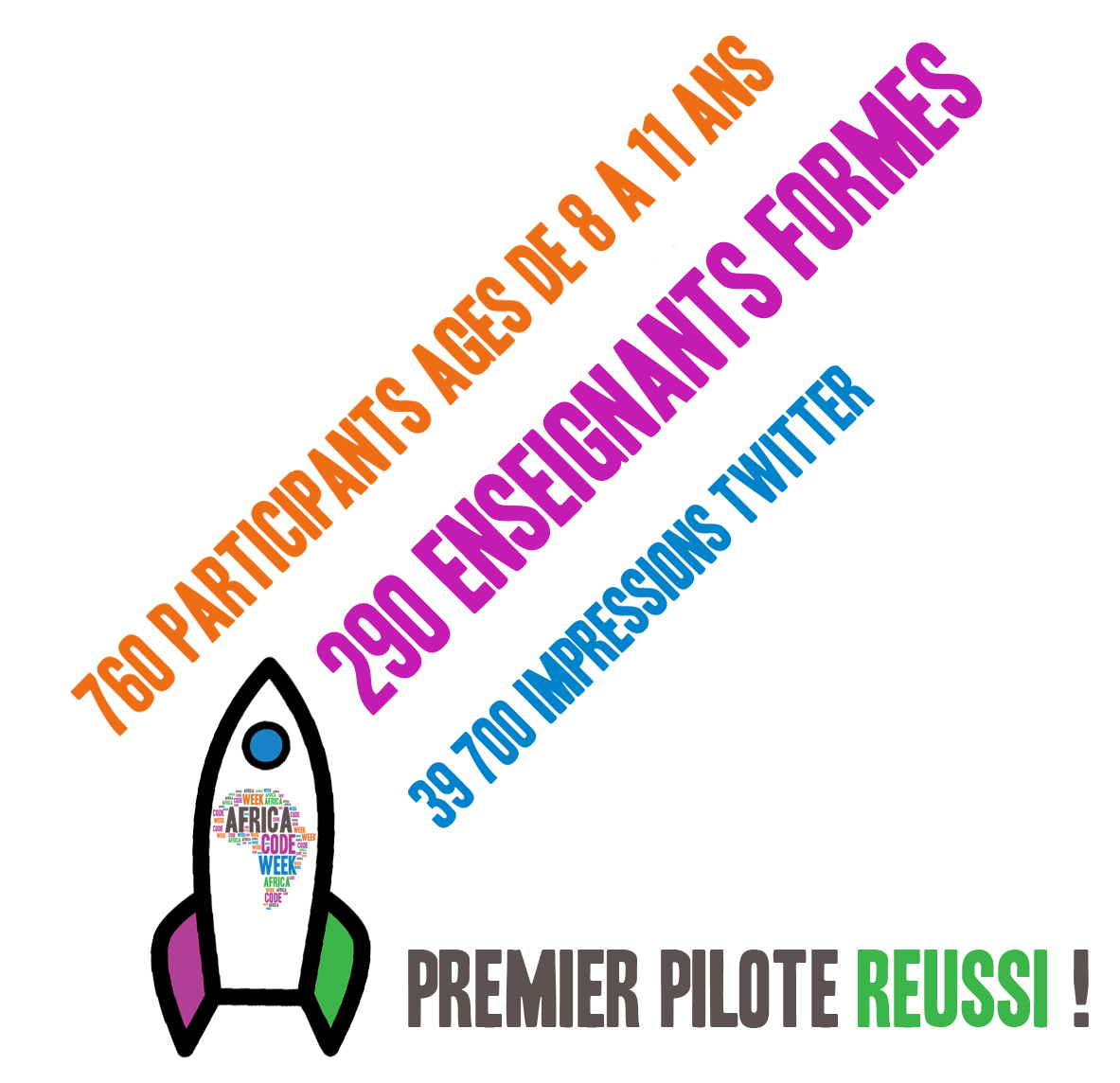Africa Code Week is proud to announce that not one, but six ACW ambassadors and implementing partners have been selected to join an education and development program by the world’s largest free coding platform, Scratch. Siyafunda Community Technology Centre (South Africa), Girls in STEM Trust (Zimbabwe), MindSet Coders (Uganda), Creativity Lab (Rwanda), OIC Foundation (Nigeria), and Webfala Digital Skills for all Initiative (Nigeria) are part of the 91 other organisations from across the globe joining the 2022-2024 Scratch Education Collaborative program (SEC).
The program will include a series of collaborative learning experiences co-developed and co-facilitated by Scratch and partner organizations. Over a period of two years, the organisations will work to create a self-sustaining community of practice and establish models for equity-centred creative coding resources.
Bridging the skills gap in Africa
“Africa is burdened by a massive digital skills gap, which according to the World Economic Forum, is diluting economic opportunities and development. ACW and its partners cannot close this gap alone,” says Olajide Ademola Ajayi, Africa Code Week’s Global Coordinator. “Collaboration is key and seeing ACW ambassadors nominated to join such a big global program means we could accelerate closing Africa’s digital skills gap faster.”
Ahmed Ismail, Founder of Siyafunda Community Technology Centre, a South African non-profit organization and one of the ACW implementing partners, says being selected for this program means we can help shape the future of Scratch education in South African classrooms and across the continent. “We plan on incorporating this milestone by further advancing South African Basic Education by working with educators to improve the quality of the local curriculum.”
He adds, “We will also work to increase access to digital education for South African children, especially girls. We believe that education is the key to improving the lives of people in underserved locations, and we will do everything to help make it a reality for more people.”
Building on the ACW foundation
Since 2015, ACW has reached millions of African teachers and children and plans to partner closely with policymakers and governments to help transform Africa’s education agenda by including digital literacy in the national curricula.
Valentine Masicha, founder of MindSet Coders in Uganda and an ACW ambassador, says joining the SEC program means building on foundation blocks laid by ACW. “This will enhance the already existing knowledge from ACW and open our eyes to the opportunities available to build learning resources.”
She adds, “We would like to enhance creative computing for learners in and out of schools with a special focus on differently-abled children.
Digital skills for Africa and beyond
According to the International Finance Corporation (IFC), a member of the World Bank Group, over 200 million jobs across the continent will require some level of digital skills by 2030. Beyond Africa, there are approximately 97 million new jobs could emerge from the introduction of machines and algorithms by 2025, according to the World Economic Forum.
Victoria Nxumalo, the Executive Director of Girls In STEM Trust in Zimbabwe and one of the ACW ambassadors joining the SEC programs, will enable global opportunities. “Girls In STEM Trust is thrilled to be part of the SEC cohort 2 as it allows us to collaborate and network with like-minded organisations across the globe to learn best practices for advancing technology education in Zimbabwe and Africa. This will also allow us to work directly in the development of Scratch as a critical educational tool for both educators and learners.”
Nxumalo concludes, “It is 21st-century digital skills that ensure the youth are able to compete on an international scale for technology careers and opportunities and feed into the global talent pipeline.”
Scratch is one of the world’s largest free online learning platforms designed to empower children, young adults and teachers with coding skills. The program allows young people to create their own interactive stories, games, and animations. In 2021 alone, more than 200 million children interacted with Scratch. Click here to apply and stand a chance to be part of the SEC for the 2023 – 2025 Cohort. Deadline February 28, 2023!
